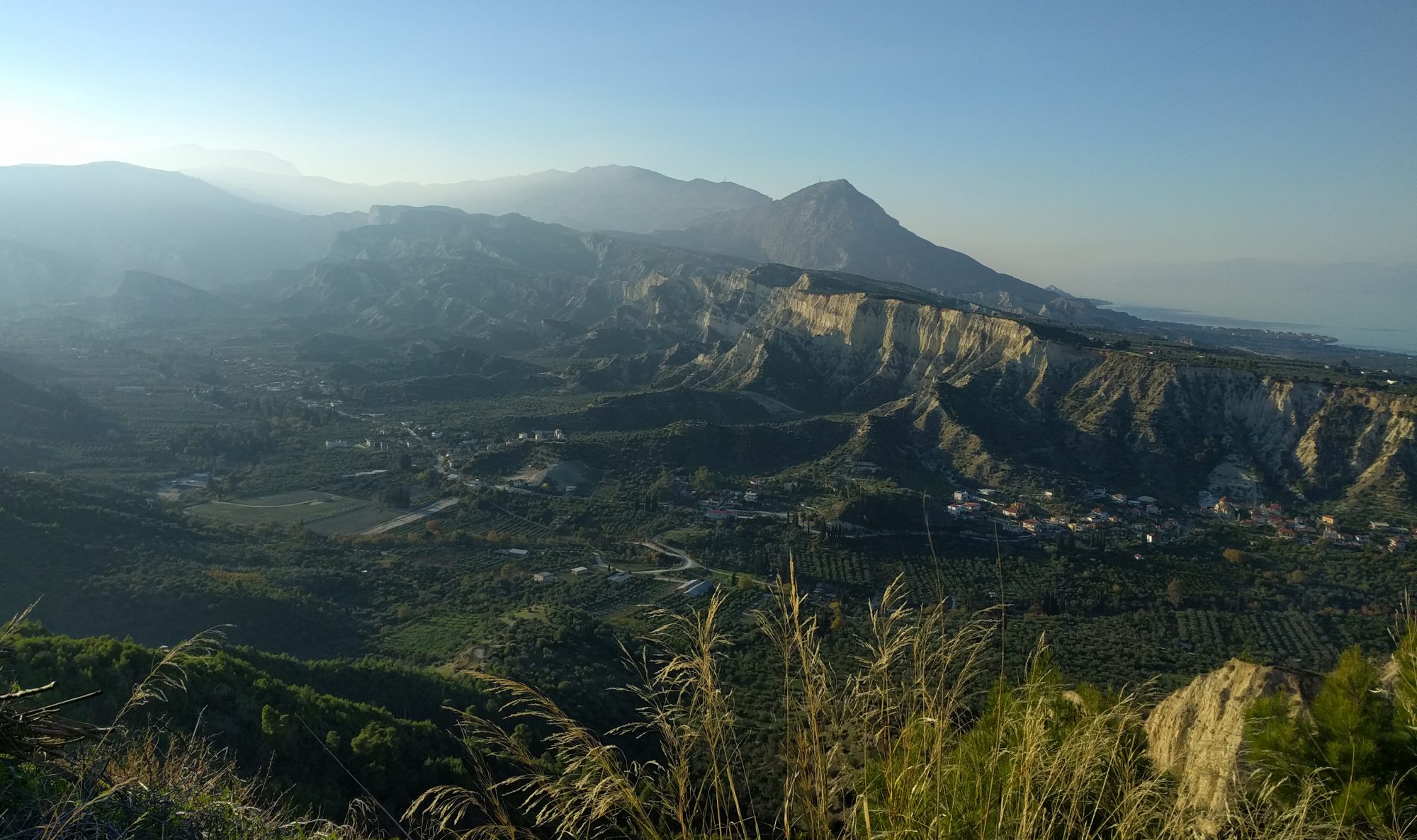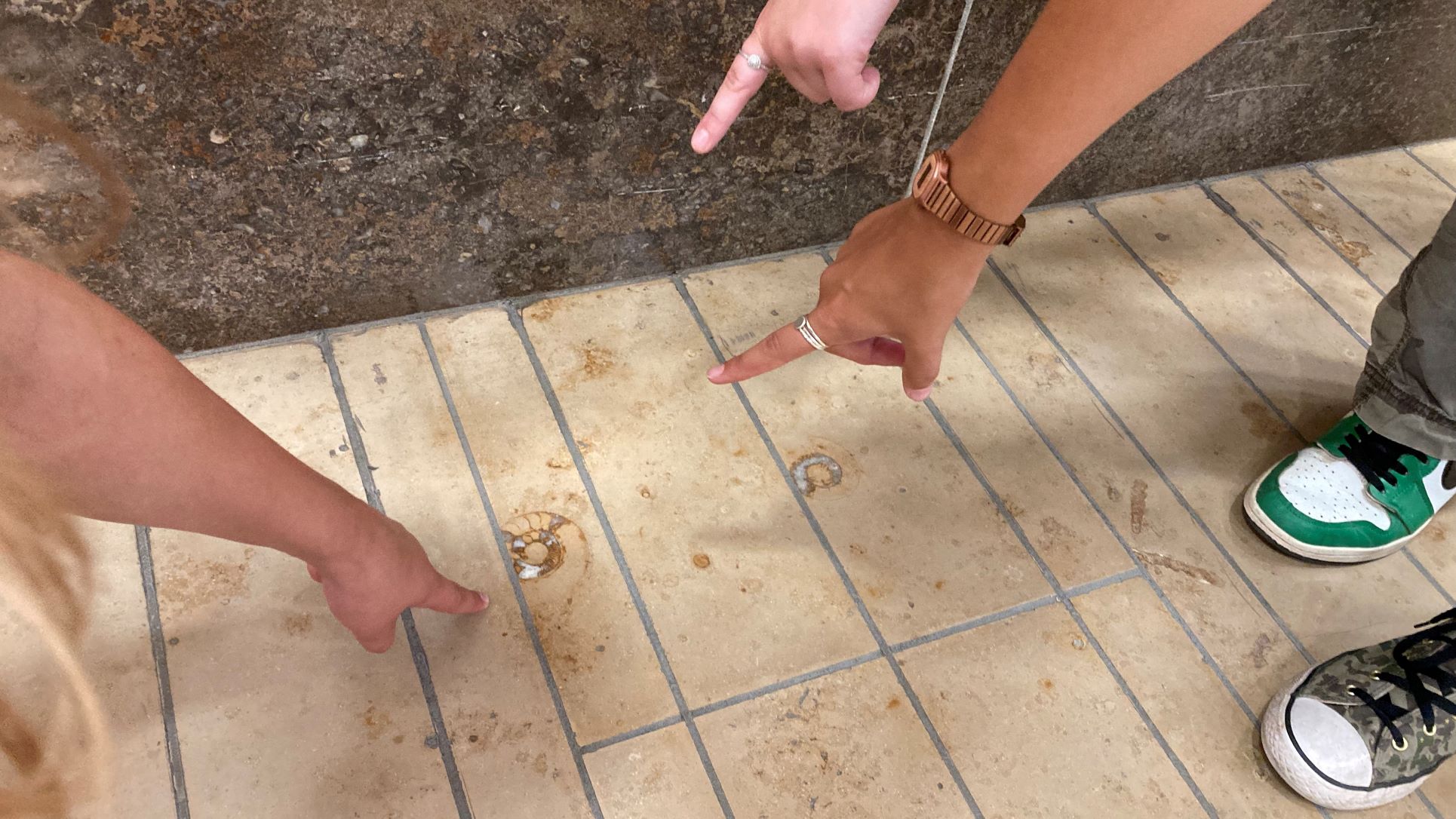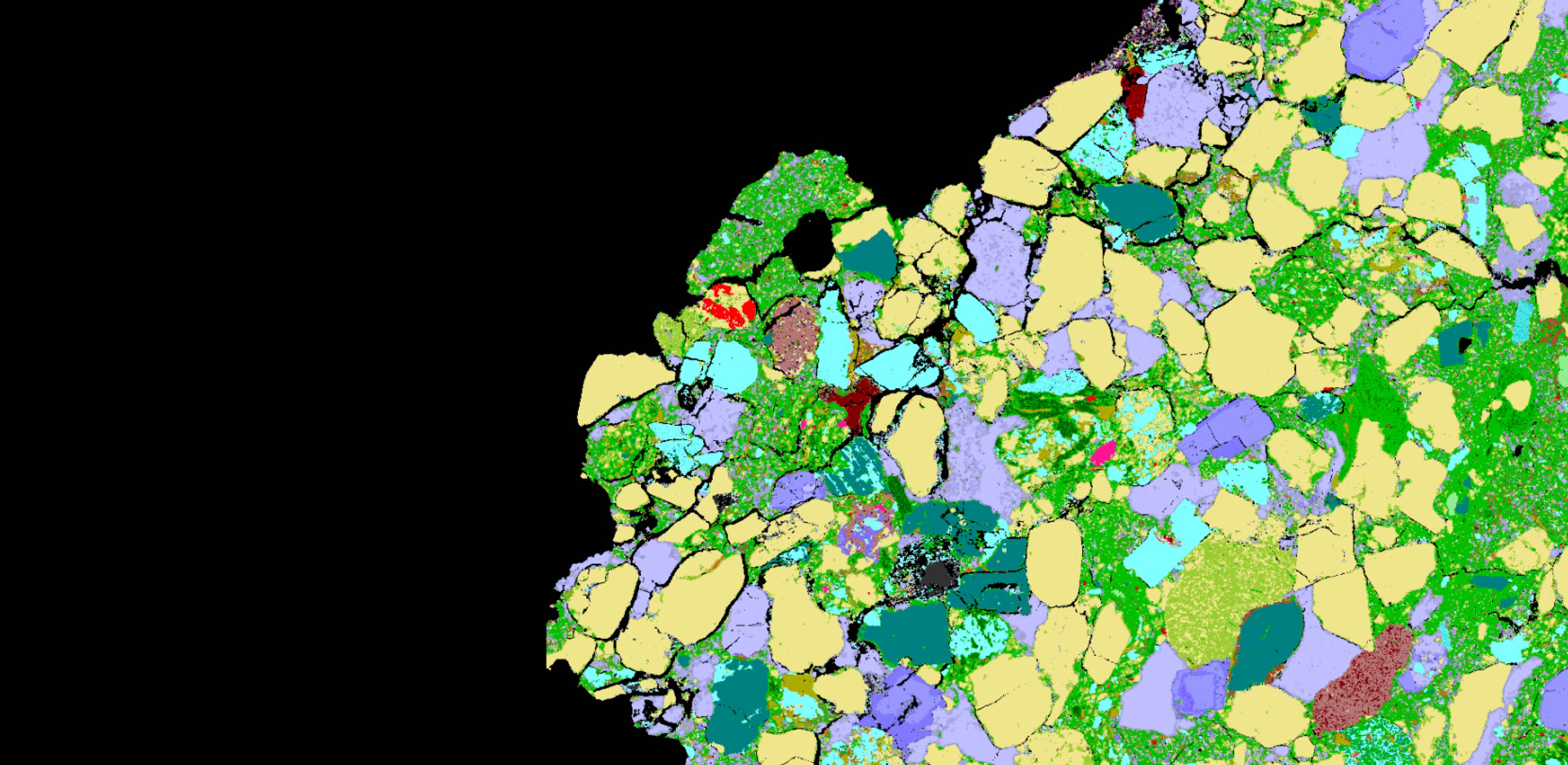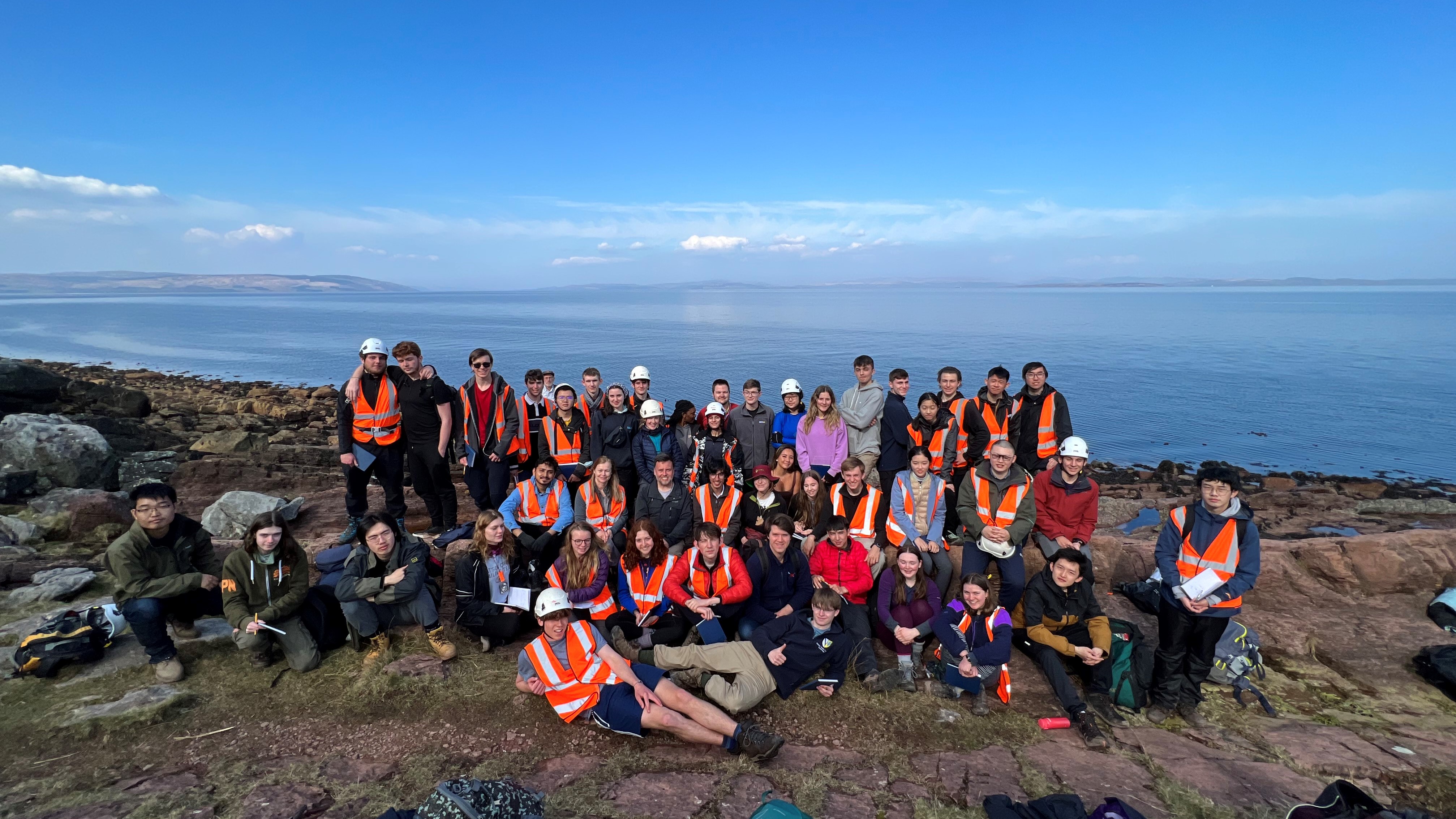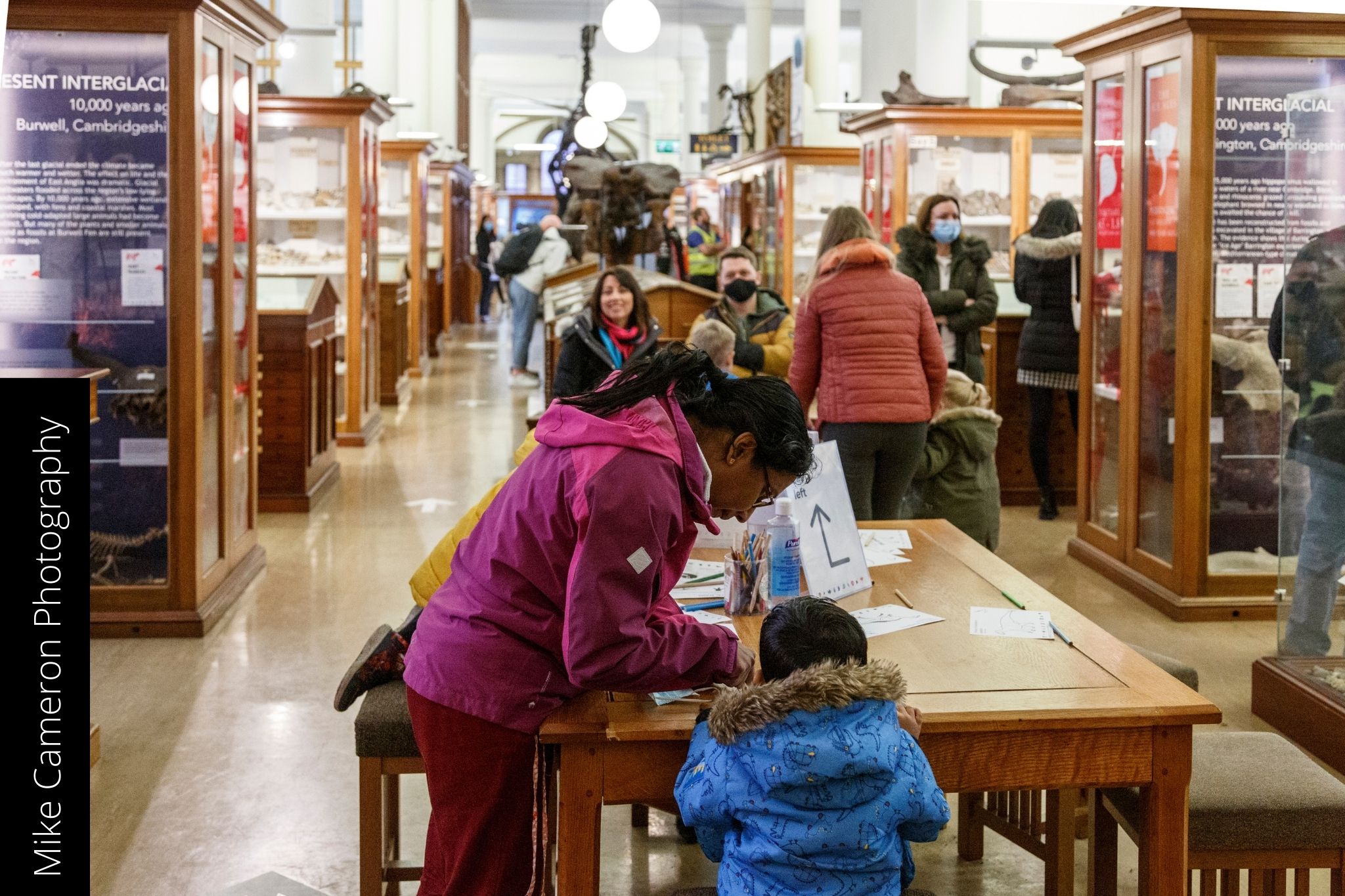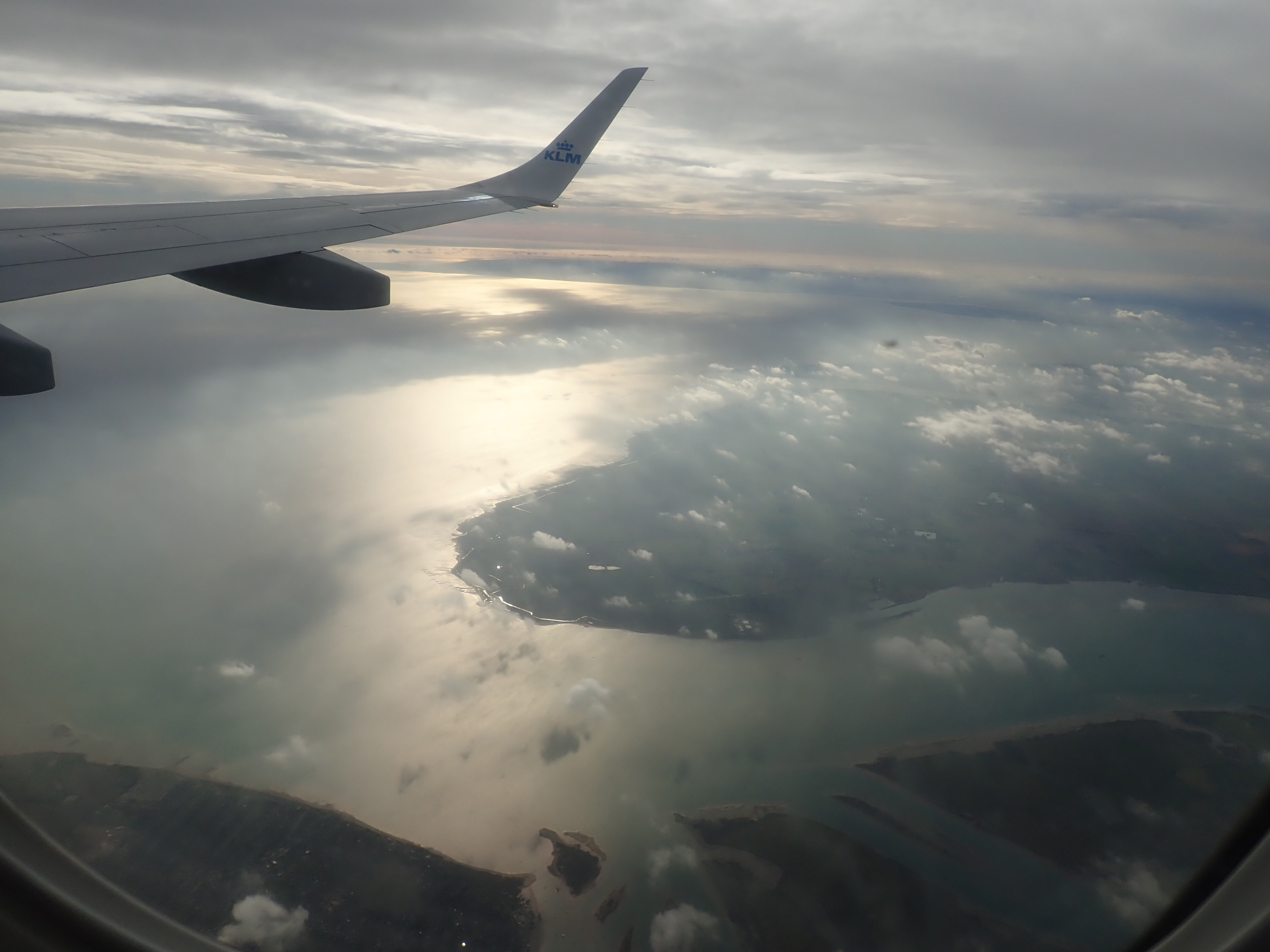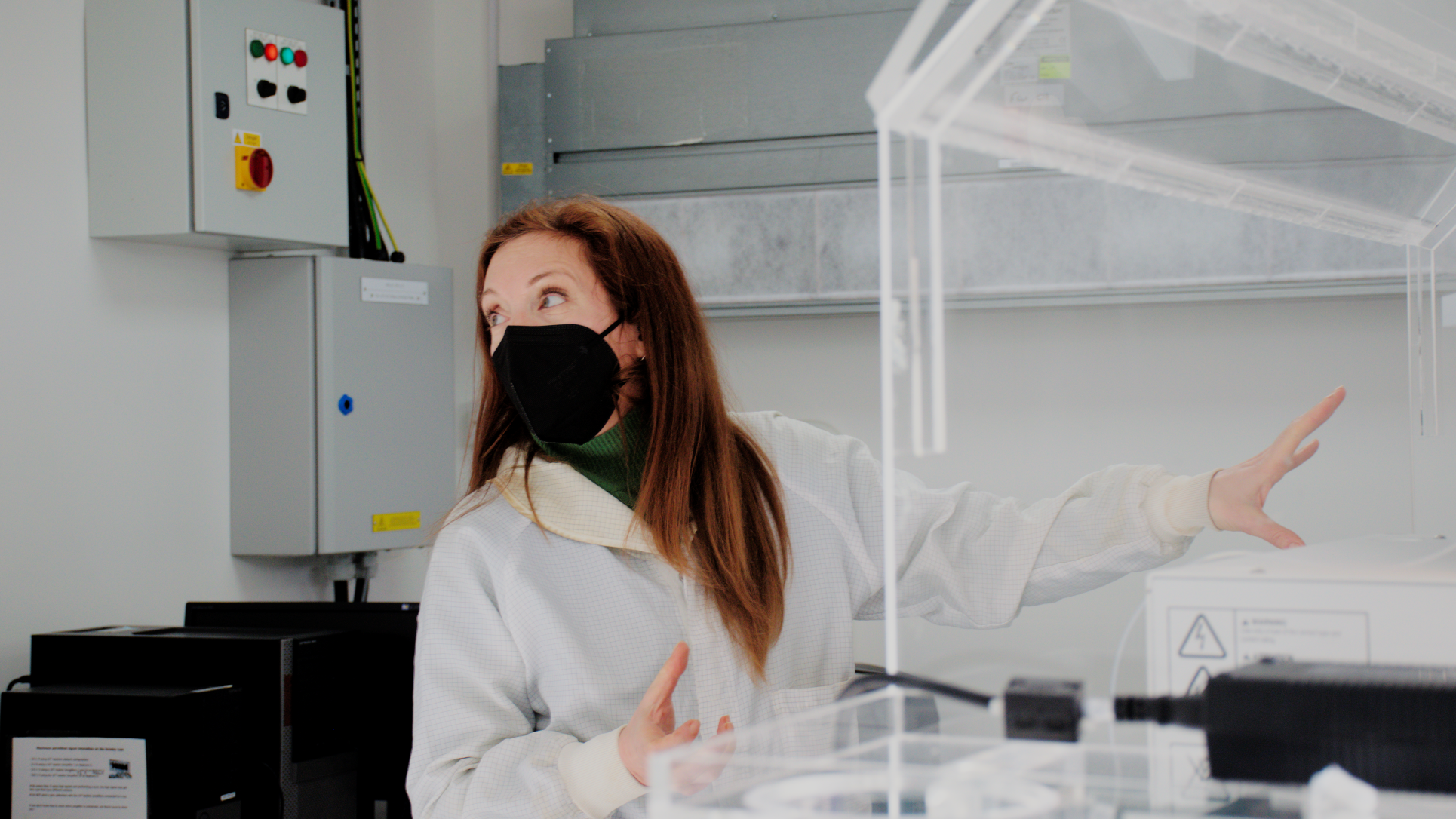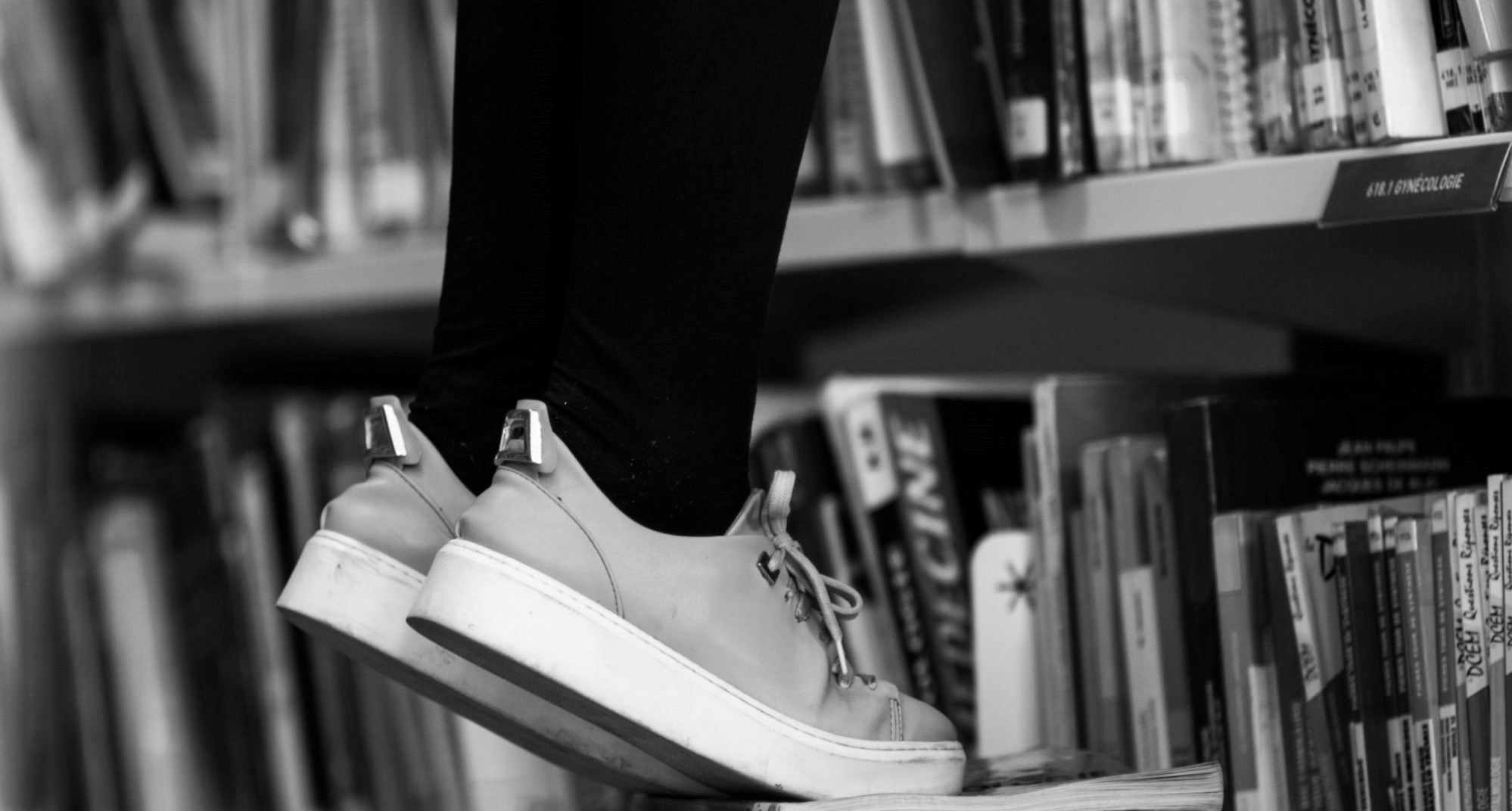This August, the Earth Sciences Department hosted a week-long summer school for college-level students, as part of the Sutton Trust programme.
The Sutton Trust is an educational charity which aims to improve social mobility and address educational disadvantage. The summer school is a widening participation programme open to state-school students and high-achieving students from disadvantaged backgrounds.
Continue reading “Reflecting on the Department’s first Sutton Trust Summer School”